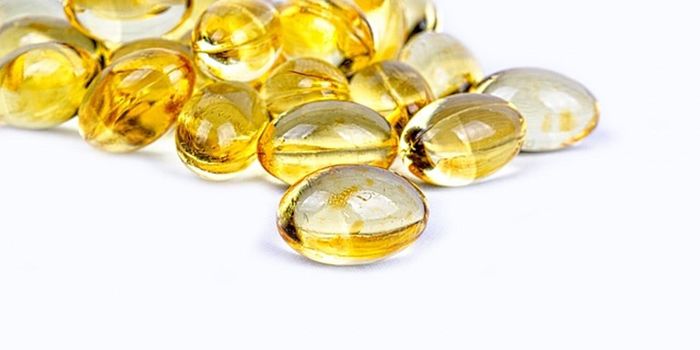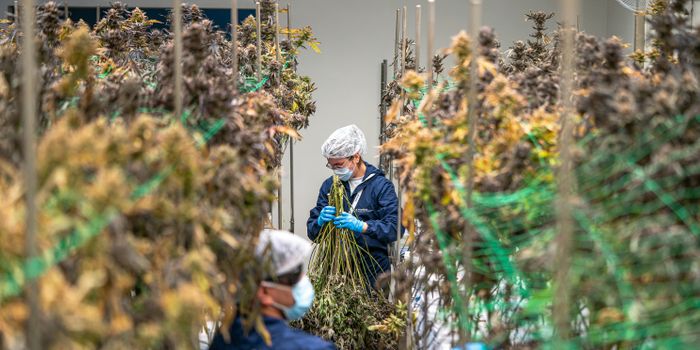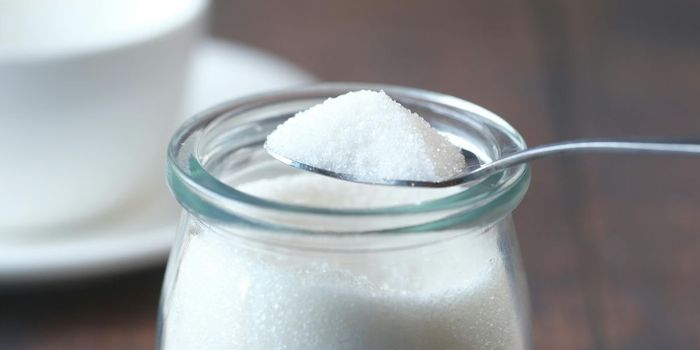Study Shows Mixed Effects of Cannabis on Reducing Opioid Use
There have been exponential increases in opioid-related illness and death in the United States and Canada, and the opioid overdose epidemic can be described as a public health crisis.
Is medicinal cannabis at least a partial answer to this crisis? It has certainly been billed as such by the industry, with THC-rich strain being promoted as substituting some of the pain-relieving benefits of opioids without the addictive side effects.
In truth there’s been little high quality research to quantify the potential benefit, so a recent Canadian study that looks into the subject in more depth provides some useful insight .
For this study, the investigators analyzed medical cannabis use and opioid consumption among chronic opioid users, including more than 5,300 patients authorized to use medical cannabis and a group of matched controls who did not receive medical cannabis authorizations. The researchers evaluated the study subjects’ change in weekly opioid consumption, as measured by the oral morphine equivalent (OME). Patients’ use of opioids for the 26 weeks before and 52 weeks after medical cannabis authorization was studied.
The key finding was that medical cannabis authorization showed mixed effects on short-term opioid utilization, so cannabis is no panacea.
The greatest (statistically significant) reductions in opioid use occurred in patients who were on a high dosage of opioids However, the subjects prescribed lower doses of opioids before they received an authorization for medical cannabis failed to show a statistically significant reduction in opioid intake, relative to the matched controls.
https://youtu.be/oTWo5XqKC4I
The researchers, from the University of Alberta, say that a strength of their study was that it was the largest and longest population-based study on this topic to date. However, limitations include that it was an observational study, it is uncertain if medical cannabis was consumed as prescribed, and no conclusion about the best variety and presentation of cannabis can be made.
More “well-controlled clinical trials are urgently needed to be able to fully elucidate cannabis’s potential benefits with respect to opioid sparing effects in patients,” the researchers wrote.
Sources: BMC Public Health, High Times,









